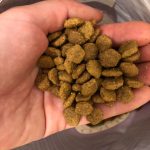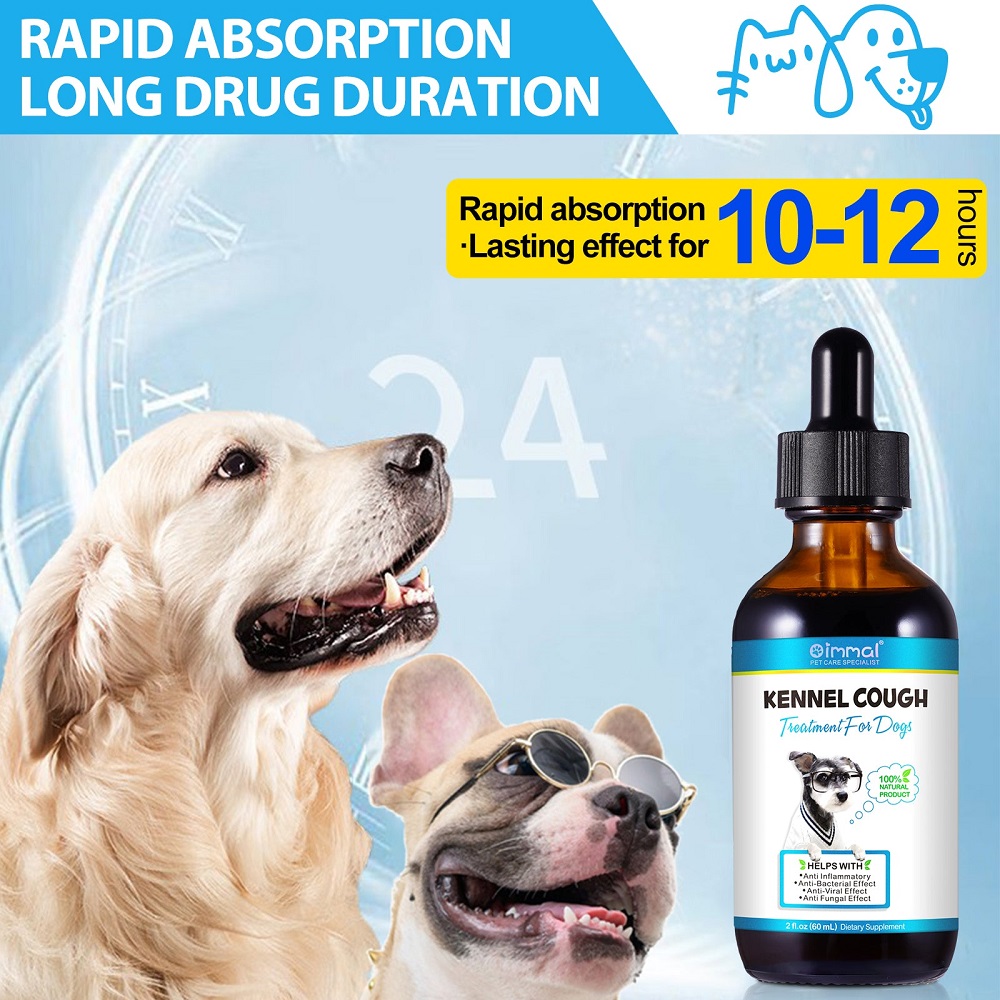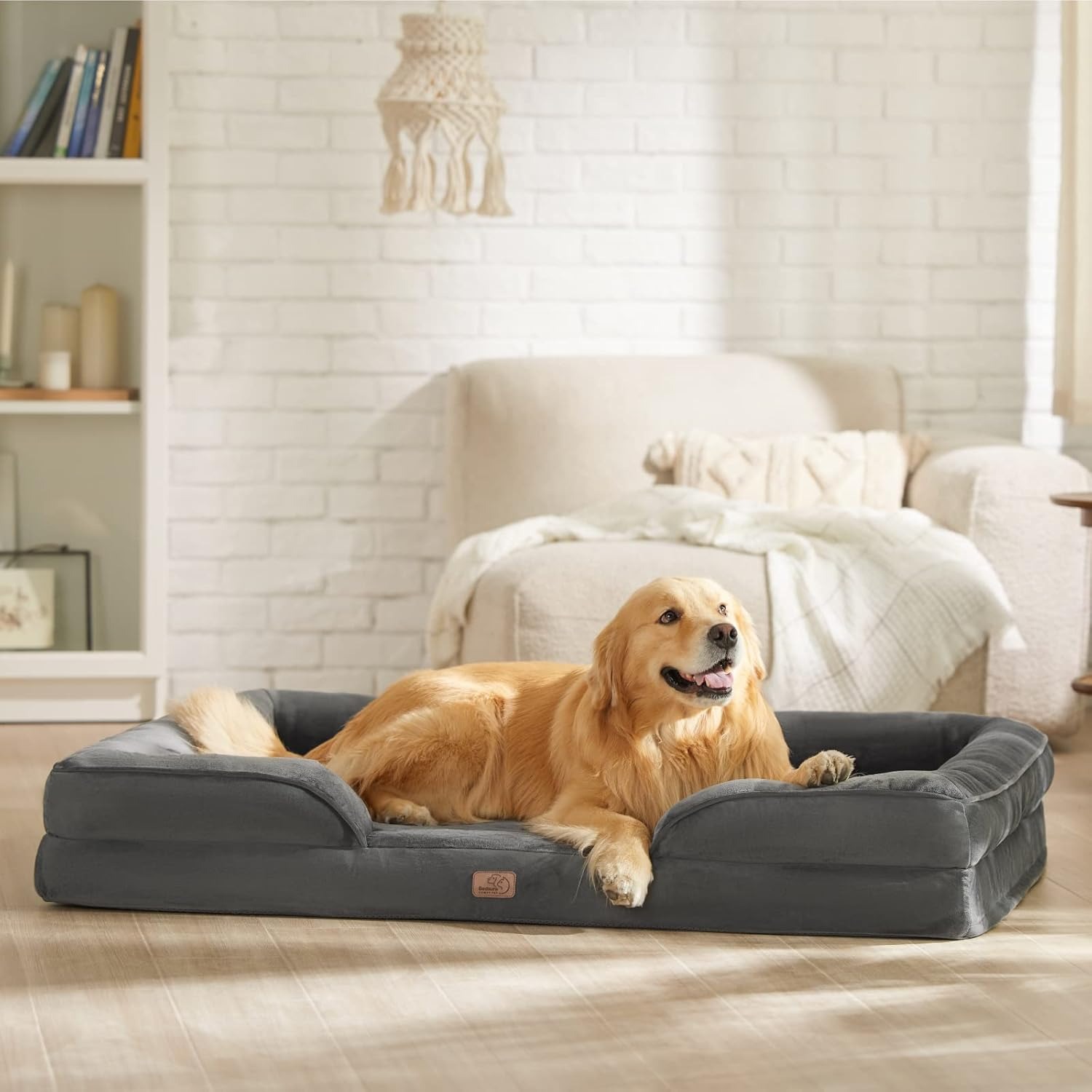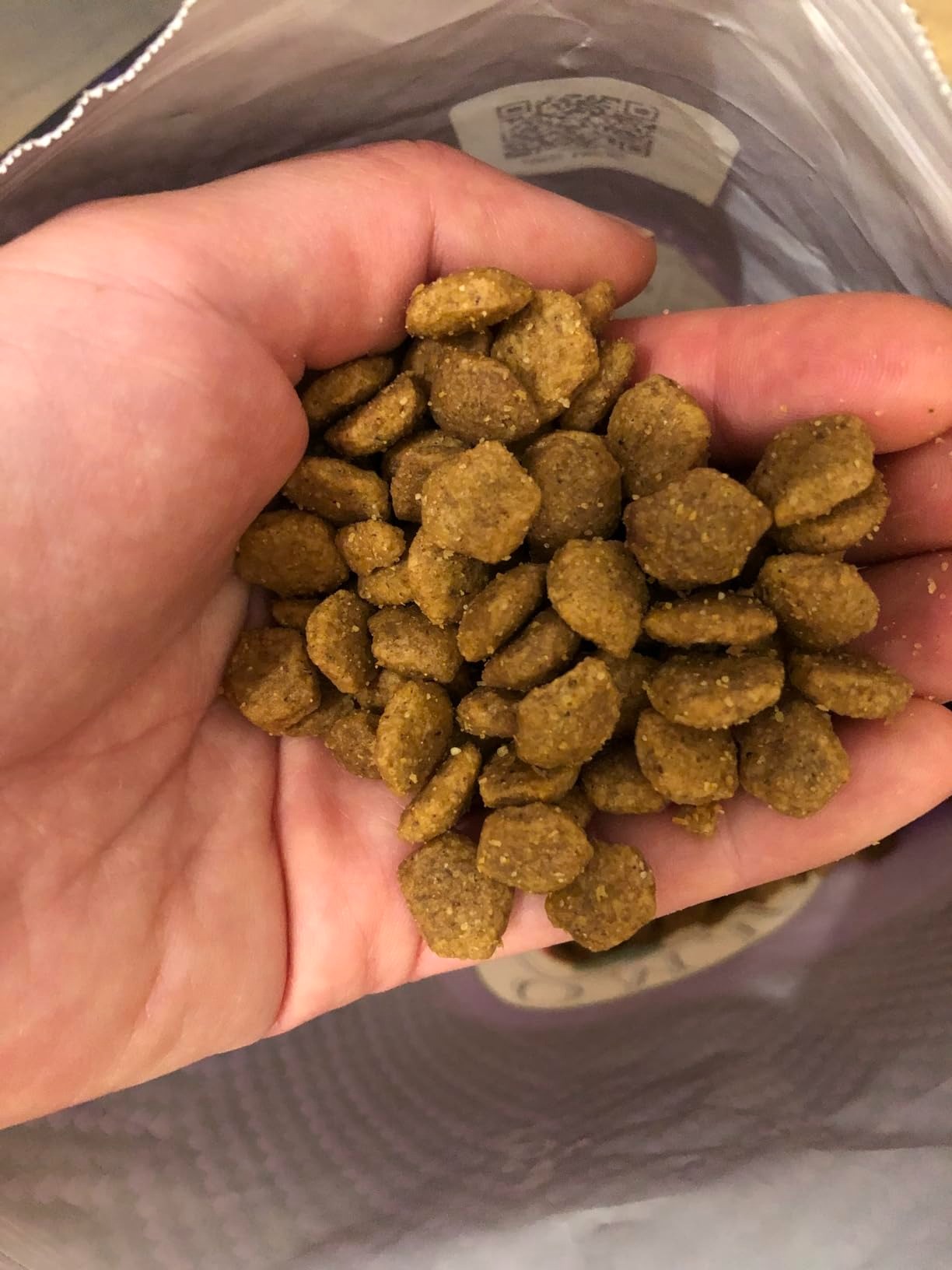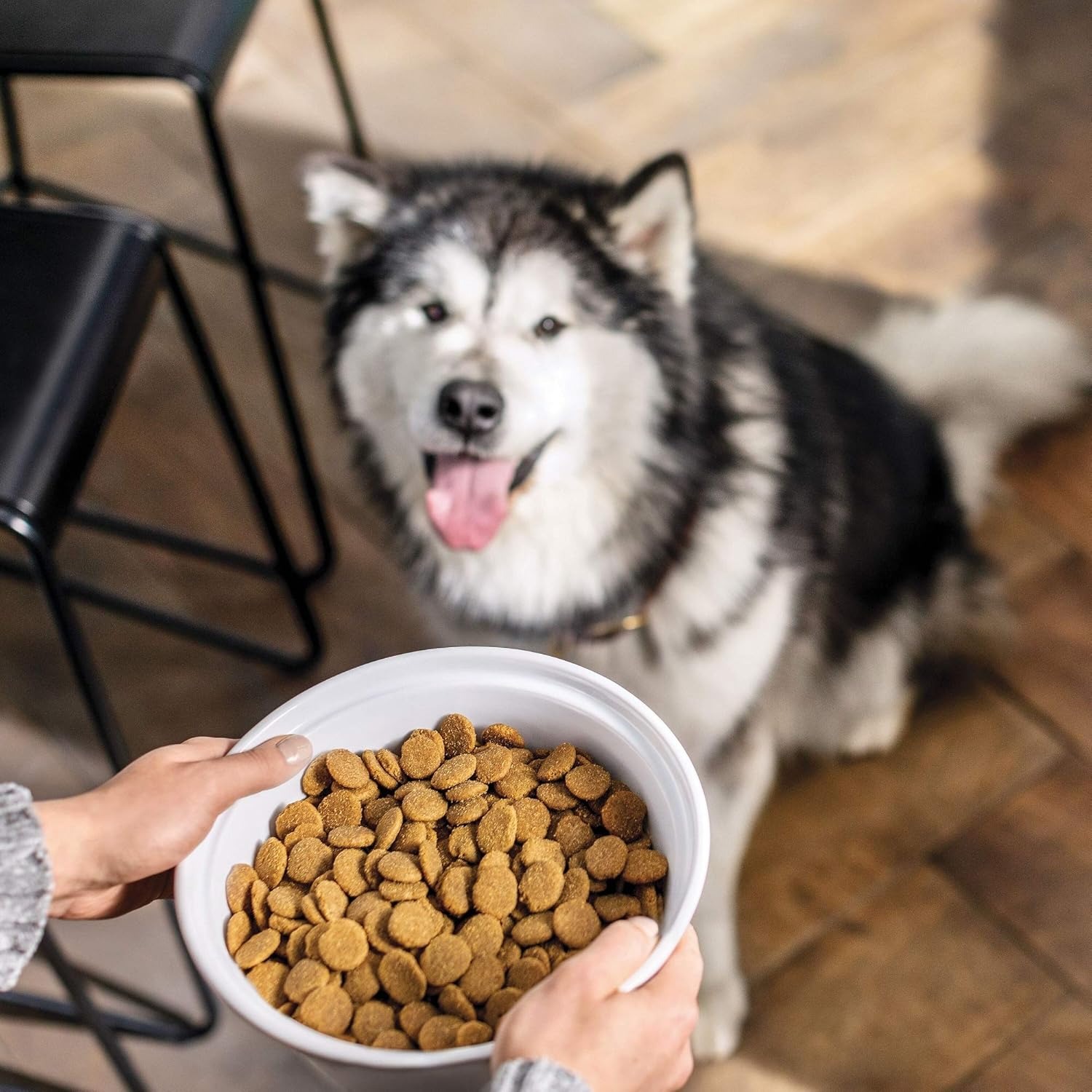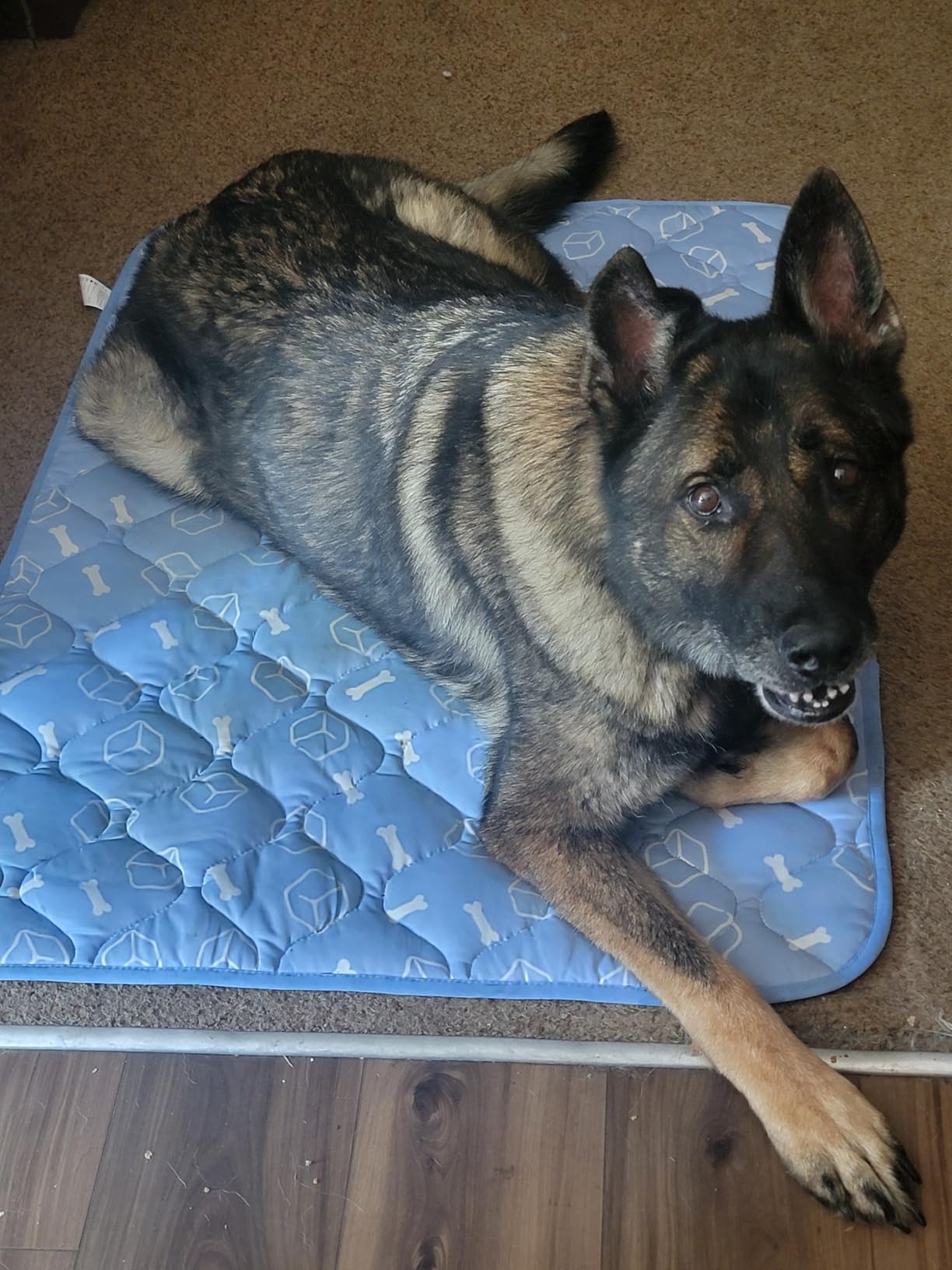Recognizing the Symptoms of Kennel Cough
When your dog starts showing signs of kennel cough, swift action is key. Look for a persistent, dry cough that might sound like a goose honk. You may also notice sneezing, runny nose, or eye discharge. Listen for a cough that worsens with exercise or pressure on the throat. Some dogs show few symptoms but keep a watch for lethargy or a reduced appetite. If these signs emerge, consider it a red flag and get ready to act. Early recognition can lead to quicker, more effective treatment.
Understanding Kennel Cough and Its Causes
Kennel cough is an infectious respiratory disease in dogs. It’s like a cold for canines, often marked by a persistent, dry cough. Kennel cough can stem from various pathogens including bacteria such as Bordetella bronchiseptica and viruses like the canine parainfluenza virus. These germs can easily spread where dogs gather, be it kennels, dog parks or shelters. Stress, poor ventilation, and close contact with infected dogs increase the risk of getting kennel cough. To grasp how to treat kennel cough, it’s crucial to know what’s causing it. It’s not just Bordetella; other culprits may be at play. This understanding guides the vet’s approach to effective treatment for your furry friend.
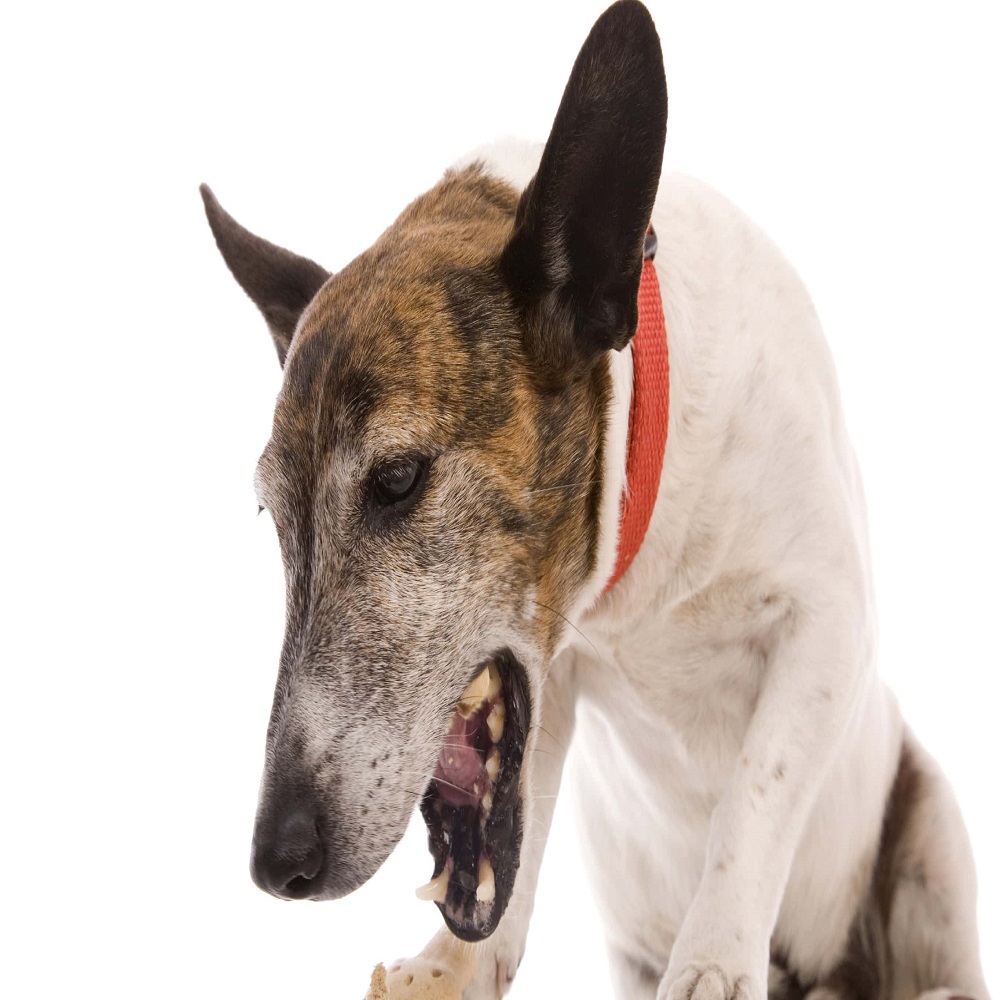
Exploring Treatment Options for Kennel Cough
When exploring how to treat kennel cough, it’s helpful to consider both vet-prescribed and home care strategies. Early action is vital to help your dog recover quickly and minimize discomfort. Let’s break down the treatment options.
Veterinary Treatments
If your dog’s symptoms are severe or not improving, a vet visit is important. Vets may prescribe antibiotics like doxycycline, especially if a bacterial infection is suspected. In cases of viral infections, antibiotics can prevent secondary bacterial infections from taking hold.
Antitussives, or cough suppressants, might be given to ease your dog’s cough if it’s harsh and persistent. However, they should be used with care as coughing helps to clear the airways. In more serious cases, anti-inflammatories or bronchodilators may be prescribed to reduce inflammation or open up airways.
Home Care Techniques
Home treatments can complement veterinary care. Keep your dog in a well-ventilated space and minimize stress to aid their recovery. A humidifier can moisten the air, making breathing easier for your dog.
You may also use a small amount of honey to soothe their throat. Mix it with warm water and offer it to your dog to help reduce coughing fits. Avoid the use of human cough syrups unless directed by your vet, as they may contain ingredients harmful to dogs.
In addition, replace collars with harnesses to avoid pressure on your dog’s throat. Ensure your dog has a quiet, comfortable space to rest and recover. Keeping your dog hydrated is essential, so encourage them to drink water and offer tempting, mild foods to maintain their strength.
Conclusion
Proper care includes a blend of veterinary treatments and supportive home care. Always consult your vet to identify the best course of action for your dog. With the right care, your dog can overcome kennel cough and regain their happy, healthy self.
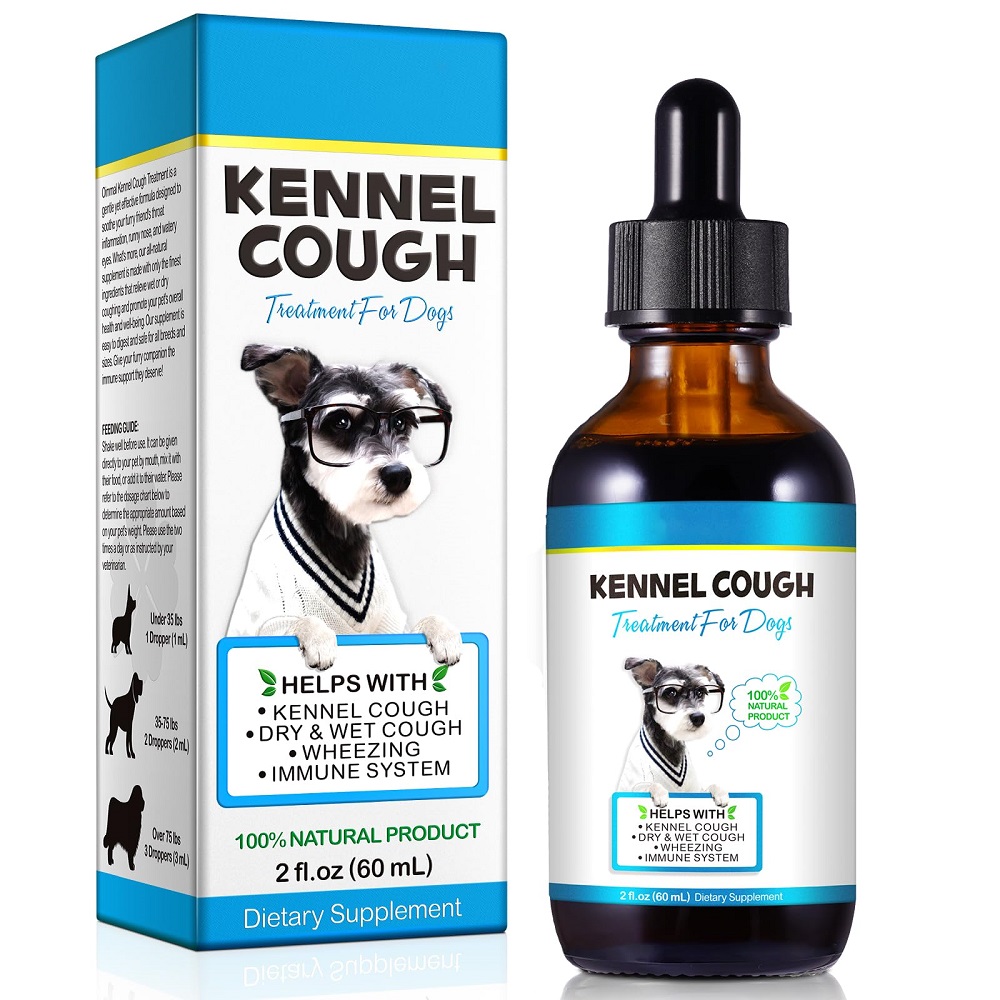
Home Care Strategies for Managing Kennel Cough
Managing kennel cough at home can help your dog feel more comfortable. Here are strategies to support your dog’s recovery:
- Keep the Air Moist: Use a humidifier to moisten the air your dog breathes. This can ease coughing and soothe irritated airways.
- Soothe with Honey: Mix a small amount of honey with warm water. Giving this to your dog can help calm a cough. Aim for a teaspoon of honey for small dogs, and up to a tablespoon for larger breeds.
- Encourage Rest: Make a quiet, comfy space for your dog to rest. Less activity can help reduce coughing spells.
- Maintain Hydration: Offer your dog plenty of fresh water. Hydration is crucial for recovery and helps flush out toxins.
- Offer Soft Food: If your dog is uninterested in kibble, try soft foods. Think boiled chicken or rice.
- Skip the Collar: Use a harness instead of a collar. This prevents pressure on your dog’s throat.
Always remember that these home care strategies support, not replace, professional veterinary care. Balanced care is the best way to treat kennel cough.
The Importance of Veterinary Diagnosis and Care
Seeking a professional vet’s expertise is critical for diagnosing and treating kennel cough. Self-diagnosis can miss underlying issues, leading to more serious complications. A vet will confirm whether your dog’s cough is indeed kennel cough or another illness. Some symptoms of kennel cough mimic other diseases, and only a vet can differentiate.
Accurate Diagnosis
An accurate diagnosis is key to effective treatment. Dogs with kennel cough display a characteristic cough, but similar symptoms can arise from heart disease, parasites, or other infections. Vets may conduct a thorough examination, including listening to your dog’s lungs and checking for fever or dehydration.
Prescribing the Right Treatment
Vets prescribe treatments tailored to your dog’s condition. This may include antibiotics for bacterial infections or medications to reduce coughing. They understand how to treat kennel cough without causing harm from the wrong medications. Vet care ensures the right balance between managing symptoms and treating the cause.
Preventing Further Spread
Veterinarians guide on how to prevent the spread of kennel cough to other pets. They may suggest isolation or special care to keep your dog away from others. Not all dogs with a cough have kennel cough; proper vet care will determine the cause and stop the spread.
Follow-up and Monitoring
A vet provides follow-up care to ensure your dog’s recovery. They may schedule check-ups to monitor progress or adjust treatment as needed. Sometimes, kennel cough symptoms linger or worsen, and a vet will catch these changes early. Regular vet visits help catch complications before they become severe.
Support for Owners
Vets also support you as you care for your dog. They offer advice on home care and answer questions you might have. A vet’s guidance is invaluable when learning how to treat kennel cough and care for your pet through recovery.
Veterinary care is at the heart of treating kennel cough effectively. Always seek professional advice to ensure the best outcome for your dog’s health.
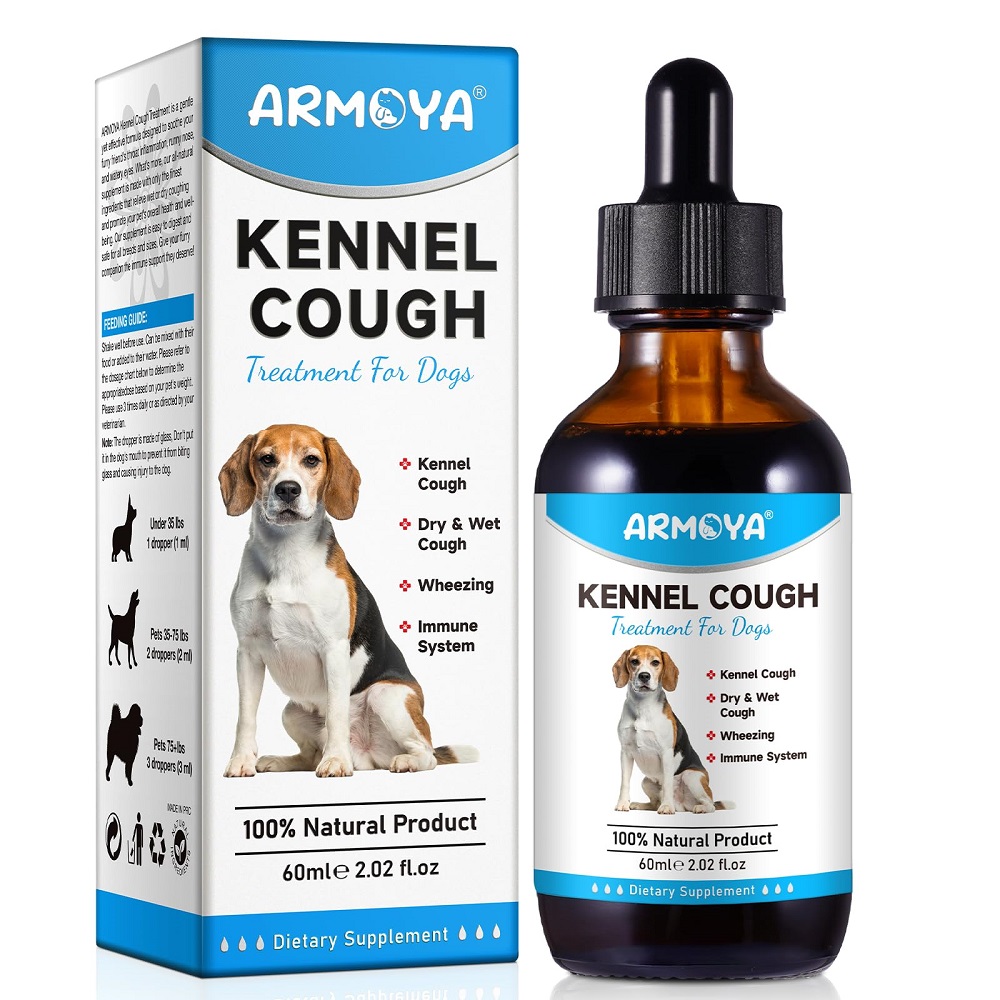
Prevention Strategies: Vaccines and Hygiene Practices
Preventing kennel cough in dogs centers on vaccines and good hygiene. Starting with vaccines, they can drastically reduce the risk of infection, lessen symptoms, and speed up recovery. Essential vaccines include those for canine parainfluenza, canine adenovirus type 2, and Bordetella bronchiseptica. Remember, vaccines need time to activate the dog’s immune system. Plan vaccinations at least two weeks before exposure to other dogs.
In terms of hygiene, it’s important to keep your dog’s environment clean. Regularly sanitize dog bowls, toys, and bedding. Proper ventilation in living areas reduces the chance of airborne diseases spreading. Avoid crowded dog areas, especially if an outbreak is known. Additionally, practicing good hand hygiene when interacting with pets will help prevent disease transmission.
Limit dog-to-dog contact if kennel cough is circulating in your community. If your dog goes to kennels or daycare, ensure they follow strict hygiene practices. Timely bathing and grooming also lower the risk of contracting kennel cough. Don’t forget to disinfect your dog’s leash and harness regularly.
Lastly, strengthen your dog’s immune system through a balanced diet and regular exercise. A healthy lifestyle can enhance their resilience against infections like kennel cough. Combine these prevention strategies for the best protection against kennel cough.
Recovery and Monitoring: Ensuring a Healthy Comeback
A healthy comeback for your dog from kennel cough involves recovery and monitoring. After starting treatment, watch your dog closely. Ensure they get enough rest, and check for signs of improvement daily. Here are steps to aid your dog’s recovery:
- Monitor the Cough: See if the cough lessens over days. If it gets worse, call your vet.
- Check for Energy Levels: Note if your dog seems more lively as days pass. Lethargy can mean the infection persists.
- Encourage Eating and Drinking: Make sure your dog drinks water and eats. Food gives them strength, and hydration helps clear toxins.
- Observe Breathing: Watch for signs of struggle. Labored breathing needs a vet’s immediate attention.
- Keep Others Safe: Until fully healed, keep your dog away from others to prevent spread.
- Follow Vet Advice: Stick to your vet’s guidelines for medicine and home care.
Regular vet check-ups will track your dog’s health progress. If the vet advises, go back for tests or extra treatments. The goal is to see full recovery without complications.
Remember, each dog is different. Some bounce back fast, others take longer. Patience is key. If you have doubts or see odd signs, contact your vet right away.
Addressing Complications: When to Seek Immediate Veterinary Attention
When treating your dog for kennel cough, watch for any worsening signs. Seek immediate vet care if you notice any of the following:
- Persistent Cough: If the cough does not improve or worsens over time.
- Difficulty Breathing: Gasping, wheezing, or labored breathing are signs of distress.
- Lack of Appetite: When your dog refuses to eat or drink.
- High Fever: A fever might indicate a serious infection.
- Lethargy: Extreme tiredness or unresponsiveness is a warning sign.
- Nasal Discharge: Yellow or green mucus from the nose can signal infection.
These symptoms could point to pneumonia or other serious illnesses. Early intervention can prevent more severe health issues and even save lives. Always follow your vet’s advice and keep them informed of your dog’s condition. Your dog’s health and safety is the top priority.

